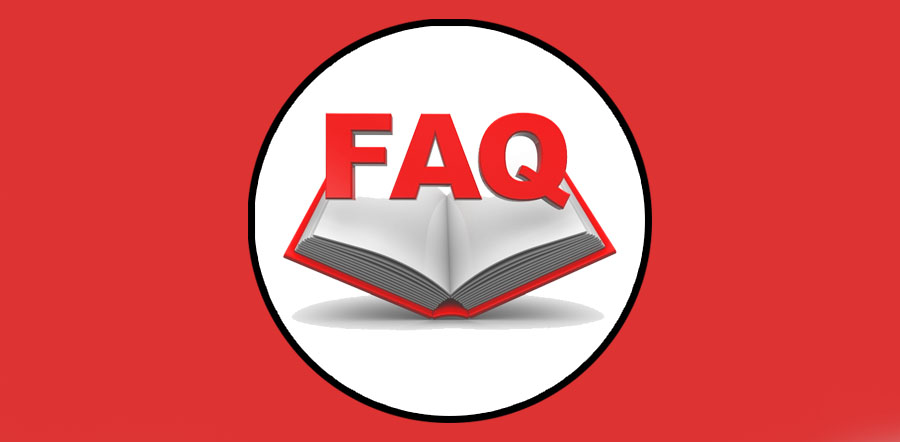010-111
Guaranteed Success in 010-111 Exam
Are you looking for real 010-111 exam questions ? You’re in the right place!
Pass your ACSM 010-111 exam with the latest QuizDumps PDF Questions & Answers.
QuizDumps offers authentic, updated, and expert-verified 010-111 braindumps.
Want top scores? Start your prep now with QuizDumps study material.
1: Download Q&A PDF
Buy & Download 100% real, updated and verified exam questions and answers tested and prepared by ACSM experts to pass 010-111 exam.
2: Prepare
Prepare for 010-111 with 100% confidence using QuizDumps's 010-111 exam dumps PDF or 010-111 practice exam.
3: Pass Your Exam
QuizDumps's 010-111 exam kit prepares you to confidently ace all 010-111 questions and pass on your first attempt with top scores.
Comments
Main points of ACSM 010-111 Test
The ACSM Certified Personal Trainer (CPT) exam, which is often referenced as 010-111 (though numbers may vary slightly depending on the version), covers a broad range of topics related to exercise science and personal training. The main points can be categorized as follows:
I. Exercise Science Foundations:
- Anatomy & Physiology: Understanding basic human anatomy (skeletal system, muscular system, etc.) and physiological responses to exercise (cardiovascular, respiratory, muscular). This includes knowledge of energy systems, muscle fiber types, and the effects of exercise on various body systems.
- Biomechanics: Understanding the principles of motion and how they apply to exercise. This includes knowledge of levers, joint angles, and movement patterns.
- Kinesiology: The science of movement; understanding the mechanics of human movement.
- Exercise Physiology: The study of how exercise affects the body's functions. This includes cardiovascular, respiratory, muscular, and metabolic responses.
- Nutrition: Basic understanding of macronutrients, micronutrients, and their role in exercise performance and recovery.
II. Exercise Prescription and Programming:
- Cardiorespiratory Training: Designing and implementing safe and effective cardiorespiratory training programs based on individual needs and goals. This includes understanding training principles (overload, progression, specificity, etc.) and different training methods (interval training, continuous training, etc.).
- Resistance Training: Designing and implementing safe and effective resistance training programs. Understanding different training techniques (sets, reps, rest periods), exercise selection, and program variations.
- Flexibility Training: Understanding the importance of flexibility and designing programs that improve range of motion. This includes knowledge of different stretching techniques.
- Program Design: Creating individualized exercise programs that consider individual goals, fitness levels, and health conditions. This includes understanding exercise prescription and program progression.
III. Client Assessment & Management:
- Risk Stratification: Identifying clients who may be at increased risk for health problems during exercise.
- Health Screening: Understanding the importance of health appraisals and medical clearance.
- Fitness Testing: Administering and interpreting various fitness tests (e.g., resting heart rate, body composition assessment, muscular strength and endurance tests).
- Client Communication: Developing effective communication skills with clients that emphasize empathy, education and building relationships.
- Motivational Interviewing: Techniques for guiding positive personal behavior change.
- Professional Ethics & Legal Issues: Understanding ethical standards and legal considerations related to personal training, including liability, informed consent, and scope of practice.
IV. Special Considerations:
- Exercise for Special Populations: Understanding the unique needs and considerations for exercising clients with specific health conditions or limitations (age-related, weight management, specific health conditions).
- Behavioral Change: Understanding the principles of behavior change and the strategies for helping clients develop and maintain healthy exercise habits.
It's crucial to remember that the exam is heavily weighted toward applying this knowledge to practical scenarios. You'll need to understand not only the theory but also how to apply it in real-world personal training situations. Reviewing the ACSM's official study materials and practice exams is essential for success.
| Exam Code | Certifications | Questions | Comments | Reviews |
|---|---|---|---|---|
| 010-111 Dumps | ACSM Certified Personal Trainer | 135 Questions | 0 | 0 |
| 020-222 Dumps | ACSM Certified Exercise Physiologist | 75 Questions | 0 | 0 |
Why PDF Format?
Our PDF format offers seamless portability across multiple devices, allowing you to study anytime, anywhere. For a more immersive preparation, our Practice Test software replicates the real exam environment. With various testing modes and advanced self-assessment features, our practice exams stand out as the best in the industry.
Is This User Friendly & Easily Accessible on Mobile Devices?
We are committed to delivering precise ACSM certified Personal Trainer Exam questions and answers, accompanied by detailed explanations. At QuizDumps, we value your time and investment, ensuring that every question and answer is thoroughly verified by ACSM experts. Our team consists of highly qualified professionals with years of hands-on experience in the field, guaranteeing reliable and up-to-date exam preparation.
Are All Materials Verified by Experts?
QuizDumps is a trusted name in certification exam preparation, offering [Authentic, Updated, and Real] 010-111 Dumps, carefully crafted and verified by IT professionals. If you want to achieve top scores, kickstart your preparation today with our comprehensive 010-111 dumps PDF.
What is Our Commitment !
At QuizDumps, we are committed to helping professionals pass their certification exams in the shortest time possible. Our goal is to provide top-quality study materials and exceptional customer support. We continuously enhance our ACSM 010-111 exam preparation resources by updating question banks, adding new features, and promptly addressing any reported issues.

